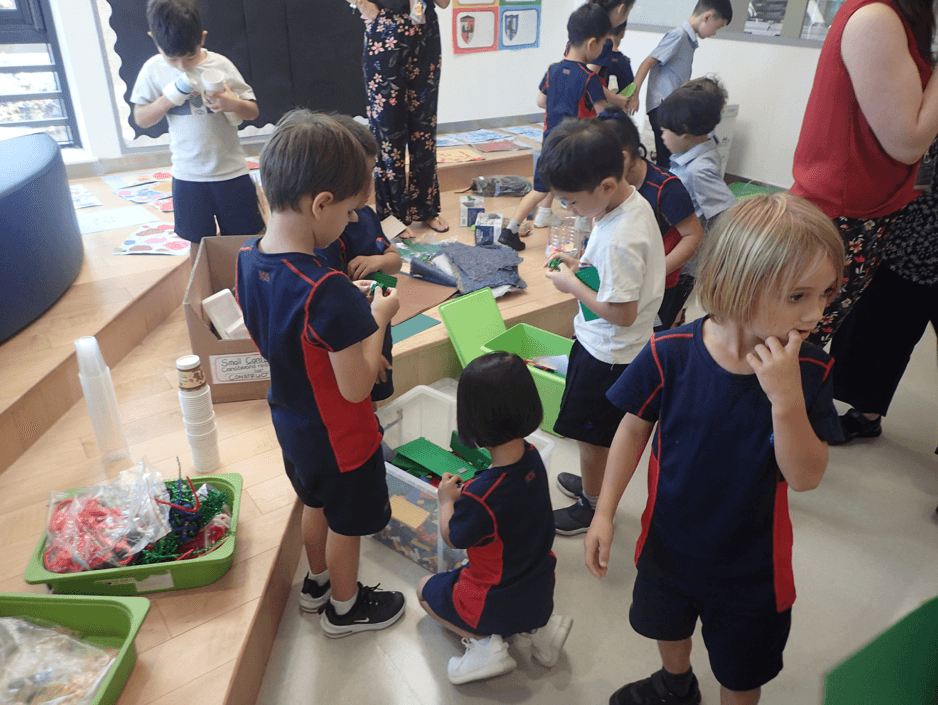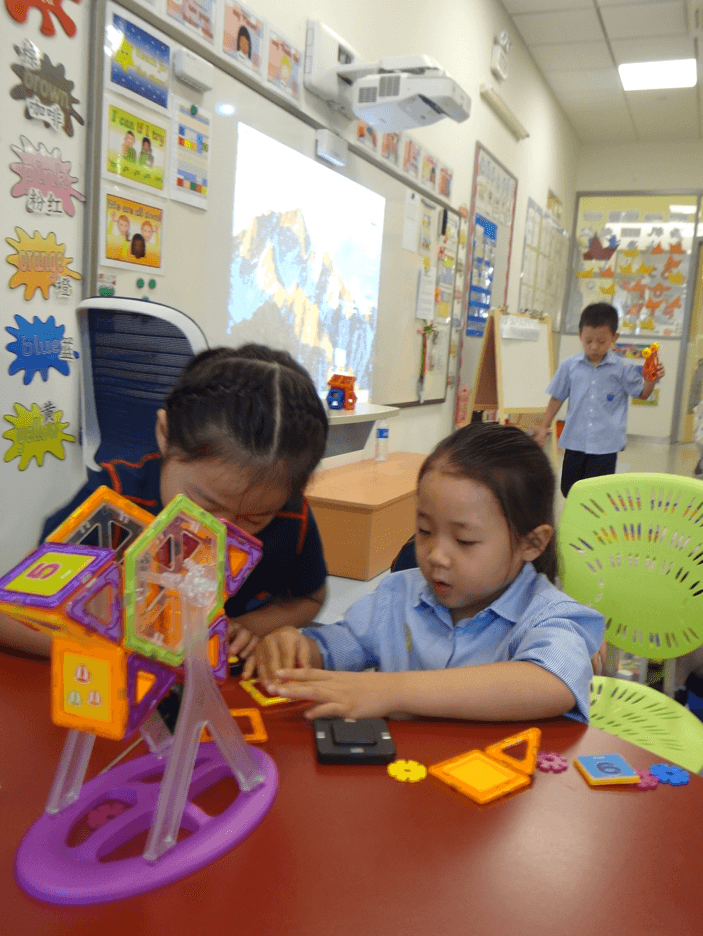 Transition is a very exciting time of year for most students. Our primary focus in the first few days and weeks has been to ensure the children are learning how to navigate the new layout and class schedules, meeting new friends and teachers, and reconnecting with old ones. As in any time of change and transition, this can also be a rather stressful period; this is true for both returning families as well as those who are new to YCIS. Students who are new to the school have the biggest adjustment, but even moving up a year means coping with a new teacher, more academic demands and a changing social circle. These are a few things you can do to help your child settle back into school.
Transition is a very exciting time of year for most students. Our primary focus in the first few days and weeks has been to ensure the children are learning how to navigate the new layout and class schedules, meeting new friends and teachers, and reconnecting with old ones. As in any time of change and transition, this can also be a rather stressful period; this is true for both returning families as well as those who are new to YCIS. Students who are new to the school have the biggest adjustment, but even moving up a year means coping with a new teacher, more academic demands and a changing social circle. These are a few things you can do to help your child settle back into school.
- Be prepared
It is important to get to know what is expected of you and your child, so there is continuity between school and home. Take full advantage of information sessions where possible. (Keep an eye out for the upcoming parent workshops, we would love your support). If you are new to YCIS, encourage your children to make some friends in the same class; if they feel lost or overwhelmed during the school day, encourage them to seek out help and to voice their feelings. All teachers are here to help and promote feelings of security and safety.
- Good routine
In Year 1, the timetable is a little more demanding and thus children take a while to get used to how it works, especially at the beginning of the year. Make sure your child’s body clock is ready for the school day. It is a good idea to start adjusting bed times and wake up times early enough to get children back into the rhythm of the school day. Tired and grumpy children, or children who are rushing out of the house in the morning and dropped off in a hurry often get anxious and irritable because they don’t have enough time to adjust.
- Stay Positive
 It is important to stay positive about the new school year. Children need to feel that you are happy about them going to school or being away from you so that they don’t worry about you or feel that they are missing out on some other fun.
It is important to stay positive about the new school year. Children need to feel that you are happy about them going to school or being away from you so that they don’t worry about you or feel that they are missing out on some other fun.
- Talk about expectations
Letting children know how you want them to behave at school in a positive way is really helpful, for example saying, “Share the toys and listen to the teacher,” rather than what you don’t want such as, “Don’t fight and don’t be naughty”. Explaining as much as you think they will understand helps them to be well prepared.
We hope these suggestions assist with your family’s transition period. Please don’t hesitate to contact your child’s class teacher for any more information you may need regarding this important time.
Y1 Leader & Y1A Class Teacher – Monica GANNON